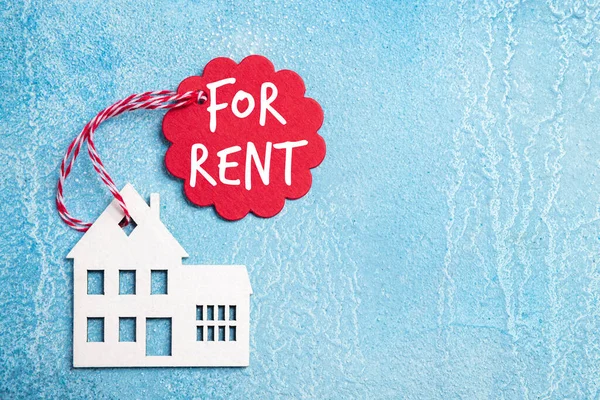
Navigating the Perils of Credit Card Debt and Bad Credit: A Path to Financial Recovery
Credit cards have revolutionized the way we transact and manage our finances, providing convenience and flexibility. However, the misuse of credit cards can lead to a burdensome cycle of debt and ultimately result in a damaged credit score. In this article, we will explore the ramifications of credit card debt and bad credit, as well as strategies for overcoming these challenges and rebuilding financial health.
The Cost of Debt: Understanding Credit Card Debt
Credit card debt can accumulate quickly if not managed responsibly. High-interest rates and minimum payment requirements can make it challenging to escape the debt trap. When credit card balances carry over month after month, interest charges accrue, leading to a snowball effect that can quickly spiral out of control. As debt mounts, individuals may find themselves struggling to make minimum payments, leading to penalties and further damage to their credit scores.
Impact on Credit Scores: Unraveling the Consequences
Credit scores play a vital role in financial well-being, influencing loan approvals, interest rates, and even employment opportunities. Credit card debt and missed payments can have a detrimental impact on credit scores. Late payments, maxed-out credit limits, and high credit utilization ratios can significantly lower credit scores, making it harder to access credit in the future. A poor credit score can also result in higher interest rates, limiting financial options and exacerbating the cycle of debt.
Strategies for Overcoming Credit Card Debt
a. Assess the Situation: Start by taking a comprehensive look at your financial situation. Calculate the total debt owed, review interest rates, and identify the minimum payments required for each credit card.
b. Create a Budget: Develop a realistic budget that prioritizes debt repayment. Cut unnecessary expenses, redirect funds towards debt payments, and ensure that you have a solid plan in place to tackle your credit card debt systematically.
c. Debt Repayment Strategies: Consider using either the debt avalanche method or the debt snowball method to tackle credit card debt. The debt avalanche focuses on paying off high-interest debt first, while the debt snowball focuses on paying off smaller debts first to build momentum.
d. Negotiate with Creditors: Reach out to your credit card issuers to explore options for reducing interest rates or negotiating a repayment plan. Some creditors may be willing to work with you to develop a more manageable payment structure.
e. Seek Professional Assistance: If your credit card debt feels overwhelming or you need expert guidance, consider reaching out to a reputable credit counseling agency or financial advisor who can provide personalized advice and support.
Rebuilding Credit: A Journey to Financial Recovery
While overcoming credit card debt is a crucial step, rebuilding credit is equally important. Here are some strategies to improve your credit score:
a. Pay on Time: Make timely payments for all your credit obligations, not just credit cards. Consistently meeting payment deadlines demonstrates responsible financial behavior and helps rebuild your credit history.
b. Reduce Credit Utilization: Aim to keep your credit card balances below 30% of your available credit limits. Lowering your credit utilization ratio shows lenders that you can responsibly manage credit.
c. Diversify Credit: Consider diversifying your credit mix by responsibly managing different types of credit, such as installment loans or secured credit cards. This demonstrates your ability to handle various financial obligations.
d. Regularly Check Credit Reports: Monitor your credit reports regularly for any errors or inaccuracies. Dispute any discrepancies promptly to ensure that your credit history is correctly represented.
e. Patience and Persistence: Rebuilding credit takes time and requires consistent effort. Stay committed to responsible financial habits, and over time, your credit score will begin to recover.
Conclusion
Credit card debt and bad credit can be daunting, but with determination and a strategic plan, it is possible to regain control of your financial future. By taking proactive steps to tackle credit card debt, developing a sound repayment strategy, and rebuilding credit responsibly, individuals can pave the way to financial recovery. Remember, seeking support from professionals and embracing healthy financial habits will be instrumental in achieving long-term financial stability and regaining control over your financial well-being.



